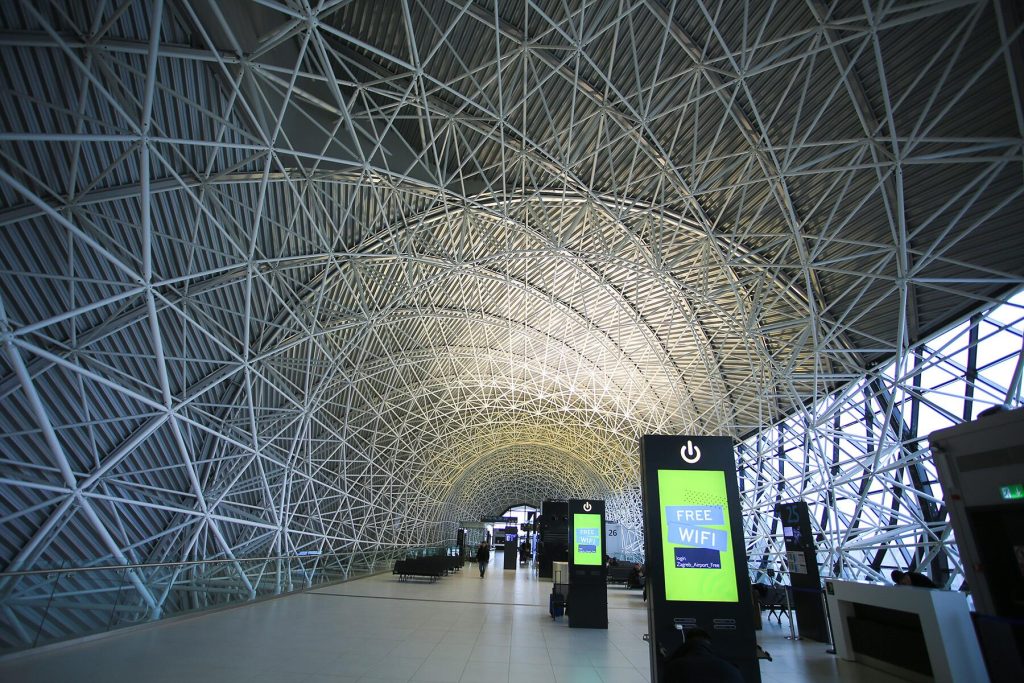One of the trickiest scams is the “Evil Twin.” These fake networks mimic real airport or café Wi-Fi, and if it’s a familiar location, your device might automatically connect without you noticing. Once hooked, hackers can access your data. Last year, authorities in Australia charged a man with creating these rogue networks, which stole passengers’ information across several national airports. To stay safe, the Australian Federal Police say you should forget networks you no longer need in your Wi-Fi settings and only reconnect to networks you know are legitimate.
It also pays to be aware of some of the most common cons and tactics scammers use to entice you into giving up your information and gaining access to your phone:
Fake pop-ups and apps: You might see an alert promising updated flight times, a “special offer,” or a delay compensation notice. It looks helpful, even urgent, but downloading it could install malware on your device, giving hackers a backdoor to steal passwords, credit card info, or sensitive documents.
Phishing websites: Some scammers create near-perfect copies of airline websites, right down to the logos and seat-selection pages. If you enter your login info or payment details, they can hijack your account or make fraudulent purchases.
Fraudulent compensation offers: A pop-up or ad may promise to help you rebook a canceled flight or claim a delay refund. It might even charge a small “service fee” to make it feel legitimate. Instead, it either steals your personal details or takes your money and disappears.
Tampered QR codes: Airports love QR codes for quick access to flight info, menus, or maps. But if a scammer replaces an official QR code with their own, it could redirect you to a scam site. One quick scan and you may unknowingly hand over your booking number, passport info, or banking credentials.
Summer travel disruptions in hotspots like France and Italy left thousands stranded, and many passengers rushed to public Wi-Fi in the aftermath. One careless click on a pop-up urging “Claim your compensation here” can redirect you to a phishing site requesting sensitive information. With one decision, your personal data is gone. During busy travel seasons, when flight delays inevitably surge, it’s more important than ever to stay alert and avoid risky Wi-Fi networks.

